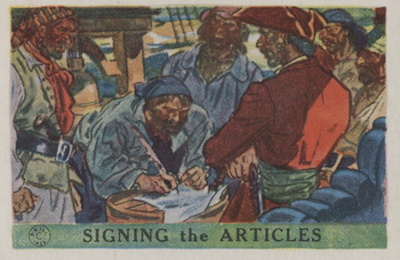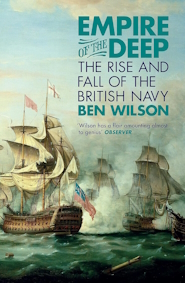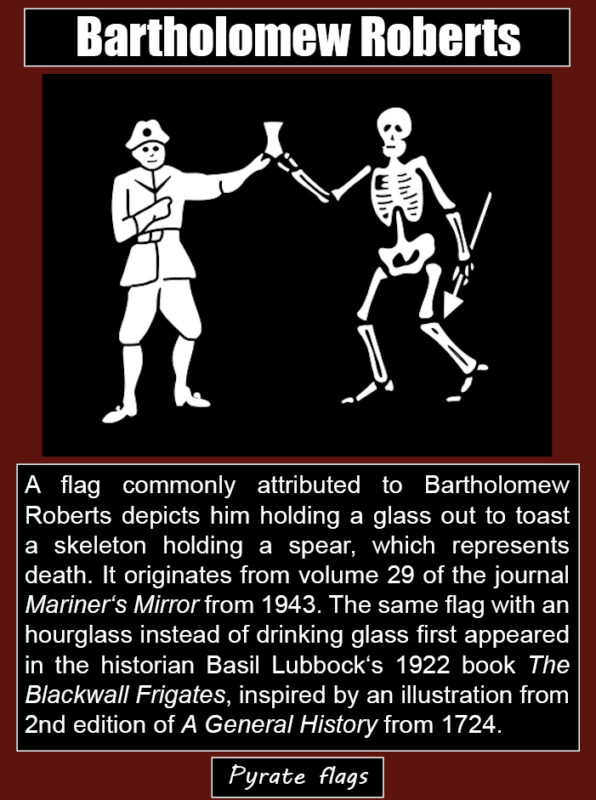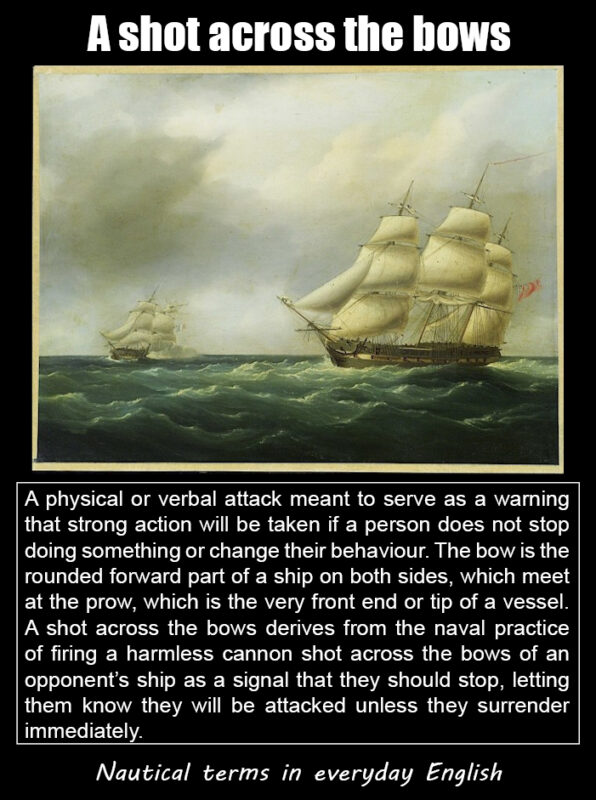 Pirates are often viewed a being lawless bunch in need of a strong, authoritative captain figure to keep them in line, but, in fact, they operated under their own strict set of rules, which were often deemed sacred to them. This set rules, commonly known as the Articles of Agreement or the Pirate Code determined everything on board a pirate vessel from the distribution of booty to the allotting of punishments. Overall, pirates were fairly democratic, but the punishments for breaking the agreed upon articles could often be severe. Articles that applied to all were a necessary measure to maintain the cohesion of the crew, many of whom had previously been subjected to the dictatorial methods of merchant and naval captains, so it was important that the crew agreed on what the Articles should cover together with the captain. In contrast, privateer vessels usually had their own charters, assigning larger shares to the officers and owners of the ship and what was left to the rest of the crew, although they sometimes contained points similar to those in the Pirate Code.…
Pirates are often viewed a being lawless bunch in need of a strong, authoritative captain figure to keep them in line, but, in fact, they operated under their own strict set of rules, which were often deemed sacred to them. This set rules, commonly known as the Articles of Agreement or the Pirate Code determined everything on board a pirate vessel from the distribution of booty to the allotting of punishments. Overall, pirates were fairly democratic, but the punishments for breaking the agreed upon articles could often be severe. Articles that applied to all were a necessary measure to maintain the cohesion of the crew, many of whom had previously been subjected to the dictatorial methods of merchant and naval captains, so it was important that the crew agreed on what the Articles should cover together with the captain. In contrast, privateer vessels usually had their own charters, assigning larger shares to the officers and owners of the ship and what was left to the rest of the crew, although they sometimes contained points similar to those in the Pirate Code.…
Author: savage
Empire of the Deep
Empire of the Deep: The Rise and Fall of the British Navy by Ben Wilson
 The story of our navy is nothing less than the story of Britain, our culture and our empire. Much more than a parade of admirals and their battles, this is the story of how an insignificant island nation conquered the world’s oceans to become its greatest trading empire. Yet, as Ben Wilson shows, there was nothing inevitable about this rise to maritime domination, nor was it ever an easy path.
The story of our navy is nothing less than the story of Britain, our culture and our empire. Much more than a parade of admirals and their battles, this is the story of how an insignificant island nation conquered the world’s oceans to become its greatest trading empire. Yet, as Ben Wilson shows, there was nothing inevitable about this rise to maritime domination, nor was it ever an easy path.
Ann Bonny
“She was of a fierce and courageous Temper, wherefore, when she lay under Condemnation, several Stories were reported of her, much to her disadvantage, …” Captain Johnson, A General History of the Pyrates, 1724
 Ann Bonny, her first name sometimes spelt Anne, was one of the two notorious female pirates who sailed with Jack Rackham. Much has been written, but no so much is really known about her life. It is unclear where she really came from. It is often claimed she was born in Ireland, but there is no evidence of this, although it can be assumed she was born sometime in the late 1690s. No primary source, including her own trial transcript, makes mention of her age or nation of origin. No records of an Ann Bonny being born in the late 17th century have been found in the list of baptisms of Ireland. Bonny is not noted as having been an inhabitant of Nassau before pirates arrived in 1713.…
Ann Bonny, her first name sometimes spelt Anne, was one of the two notorious female pirates who sailed with Jack Rackham. Much has been written, but no so much is really known about her life. It is unclear where she really came from. It is often claimed she was born in Ireland, but there is no evidence of this, although it can be assumed she was born sometime in the late 1690s. No primary source, including her own trial transcript, makes mention of her age or nation of origin. No records of an Ann Bonny being born in the late 17th century have been found in the list of baptisms of Ireland. Bonny is not noted as having been an inhabitant of Nassau before pirates arrived in 1713.…


